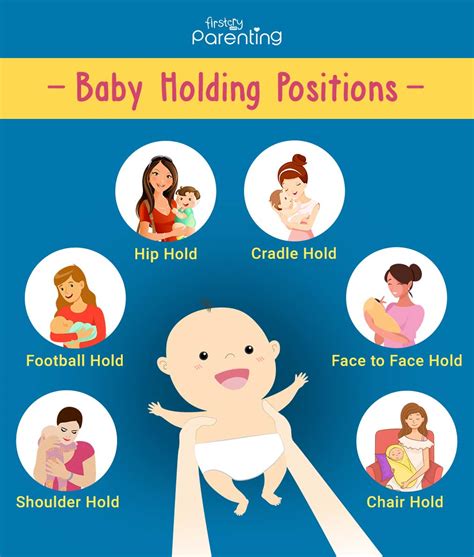Norethisterone, a synthetic progestin hormone, is commonly used to delay menstruation for convenience or to alleviate symptoms of premenstrual syndrome (PMS). However, like any medication, it comes with potential side effects that should be carefully considered.

1. Breakthrough Bleeding and Spotting
One of the most common side effects of using norethisterone to delay period is breakthrough bleeding or spotting. This can occur as the uterine lining sheds prematurely due to the hormonal changes induced by the medication. The spotting may be light and intermittent or heavier, resembling a period.
2. Mood Changes
Norethisterone can affect hormone levels and neurotransmitter activity in the brain, leading to mood changes. Some users may experience irritability, anxiety, or depression while taking the medication, especially if they have a history of mood disorders.
3. Nausea and Gastrointestinal Symptoms
Norethisterone can cause nausea, vomiting, and other gastrointestinal symptoms, such as abdominal pain, diarrhea, or constipation. These side effects are generally mild and transient, but they can be uncomfortable for some individuals.
4. Headaches and Dizziness
Headaches and dizziness are other potential side effects of norethisterone. These symptoms may be related to the hormonal changes or to the medication’s effects on blood pressure.
5. Breast Tenderness and Engorgement
Some women may experience breast tenderness and engorgement while taking norethisterone. This is caused by the increased progesterone levels, which can stimulate breast tissue growth.
Pros and Cons of Using Norethisterone to Delay Period
Pros:
- Convenient way to delay menstruation for special occasions
- May alleviate PMS symptoms for some women
Cons:
- Potential side effects, including breakthrough bleeding, mood changes, nausea, headaches, and breast tenderness
- Does not protect against pregnancy
- Not recommended for long-term use
When to See a Healthcare Professional
Most side effects of norethisterone are mild and self-limited. However, it is important to seek medical attention if you experience any of the following:
- Severe bleeding or pain
- Persistent mood changes
- Nausea or vomiting that does not subside
- Severe headaches or dizziness
- Breast lumps or significant breast tenderness
Other Considerations
- Norethisterone does not protect against pregnancy.
- It is not recommended to use norethisterone to delay period more than three times in a year.
- If you have a history of certain medical conditions, such as liver disease or blood clots, you may not be suitable for norethisterone treatment.
Conclusion
While norethisterone can be an effective method to delay menstruation, it is important to be aware of its potential side effects before using it. The pros and cons should be carefully weighed, and it is essential to consult a healthcare professional to determine if norethisterone is right for you.
Additional Resources
National Institutes of Health: Norethisterone
American College of Obstetricians and Gynecologists: Delaying Your Period












